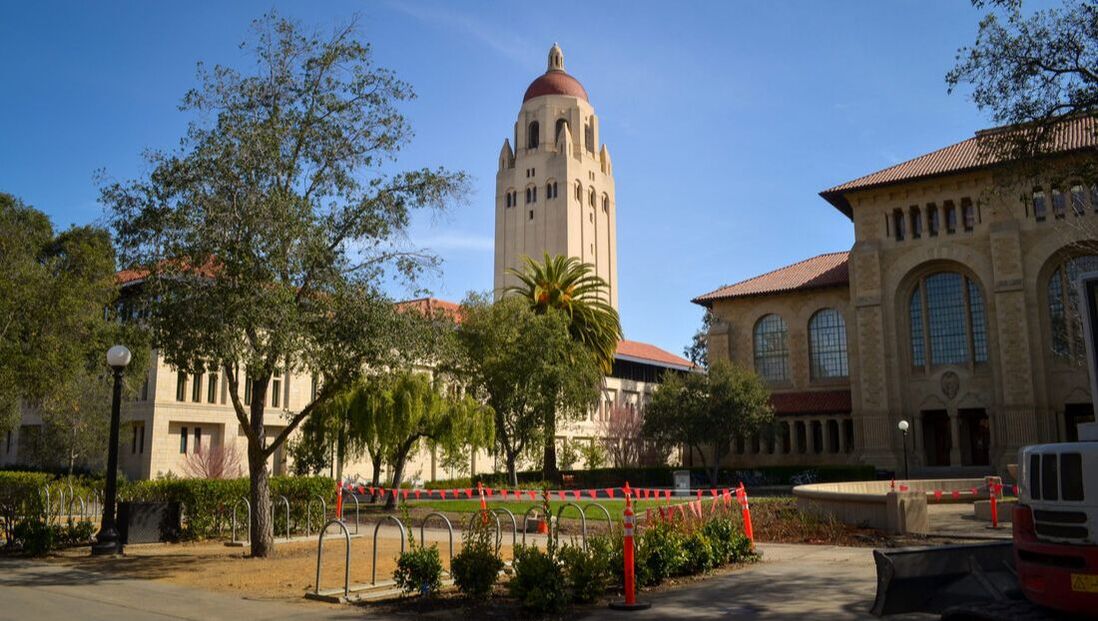|
When it comes to free expression, concern is often raised about policies and actions that “chill” speech. But what about openly expressed religious hatred and official glossing over threats of genocide? The word “chill” doesn’t quite cover it. Most incredible of all, a legal filing alleges that such grotesque practices took place at one of the world’s pre-eminent institutions of higher learning, Stanford University.
Two psychotherapists filed a complaint in June with state and federal civil rights agencies against the university. Ronald Albucher and Sheila Levin write in The Stanford Daily that when they participated in Stanford’s Diversity, Equity and Inclusion (DEI) initiative, they were subjected to anti-Semitic abuse. One DEI meeting they participated in was Zoom-bombed with swastikas and racial slurs. DEI leaders refused to discuss the swastikas, “stating that they did not want anti-Semitism to dominate the discussion, since Jews are wealthy business owners.” When swastikas were discovered within the university’s Memorial Church, DEI facilitators refused to discuss it. Albucher and Levin write that one “DEI leader responded by calling out Jewish ‘immense power and privilege’” and told the two psychologists that they are part “’of the systemic racism and oppression that takes place in this country.’” One of the psychologists, the immigrant daughter of two World War II survivors, wrote that “hearing the very tropes the Nazis used to justify Jewish genocide used in a DEI meeting was shocking and appalling.” After failing to obtain help from the leaders of the program, then the university, they sought assistance from the Louis D. Brandeis Center for Human Rights Under Law, a legal advocacy group in Washington, D.C. “If we stay silent during a DEI discussion where Hitler’s words are repurposed, we are complicit in bigotry and stereotyping that threatens all minorities,” they write. Protecting members of a university community, including American Jews and Israeli students, from bigotry is fundamental to free expression and academic inquiry. If a great university wants to remain great, it must do no less. And if Stanford won’t change? Stanford University enjoys a First Amendment right to harbor repugnant speech. Freedom of association recognizes the right of alumni and philanthropists not to contribute to such an institution. Comments are closed.
|
Archives
June 2024
Categories
All
|
ABOUT |
ISSUES |
TAKE ACTION |



 RSS Feed
RSS Feed